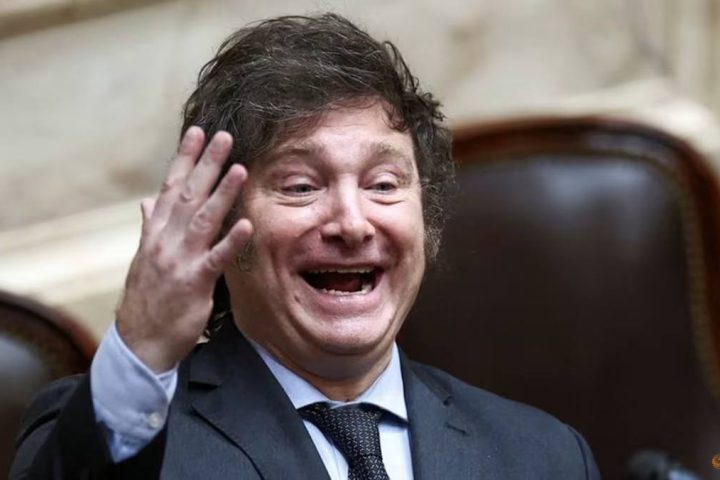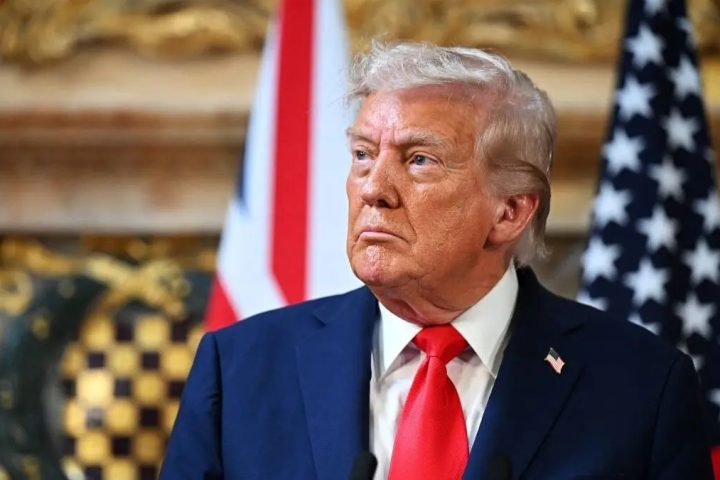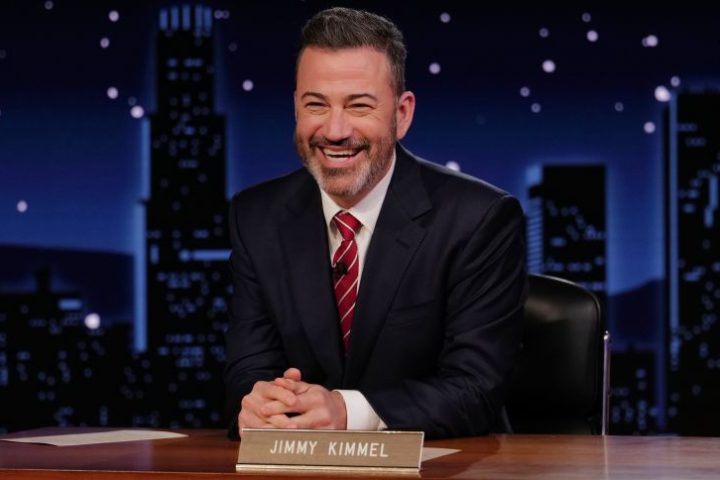Trump cuts Baltic aid, urges Europe to sanction Russian oil buyers. Analysts warn muted U.S. reaction to Russian provocations could embolden Putin.
Trump cuts Baltic aid as Russia escalates provocations
The Pentagon told European diplomats in August that the United States would cut military aid to Latvia, Lithuania and Estonia. Defense Department spokesman David Baker stressed that under Donald Trump, Washington would focus on defending its own territory, while Europe must learn to rely on itself.
Russia tests borders
On Friday, Russian MiG-31 fighter jets entered Estonian airspace for 10 minutes, where they were forced out by Italian F-35s. Moscow denied the violation. On the same day, Polish authorities announced that Russian aircraft had flown over an oil platform in the Baltic Sea.
The US response has been muted. Just hours later, Trump warned that this could be a “big problem.” Last week, after the incident with Russian drones in Poland, he limited himself to a social media post: “Here we go!”.
From diplomacy to isolationism
After a summer of active diplomacy, including a summit with Putin in Alaska, Trump has sharply reduced his involvement in international conflicts. He has shifted responsibility to allies and demanded that Europe impose tough sanctions on buyers of Russian oil.
On the issue of the war in Gaza, the White House has also taken a passive position, effectively ignoring Israeli actions that have disrupted peace talks. This was a sharp contrast to June, when the US even supported Israel by striking Iranian nuclear facilities.
European disappointment
European diplomats in Washington admit to fatigue with Trump’s “zigzags.” In June, he praised European allies and threatened Moscow with sanctions, and now he limits himself to demanding that the EU impose 100% tariffs on China and India for buying Russian oil.
Atlantic Council analysts warn that such passivity only provokes Putin to new actions, because he sees a divided Europe without clear support from the United States.














